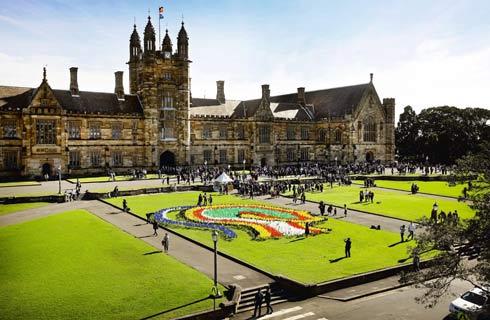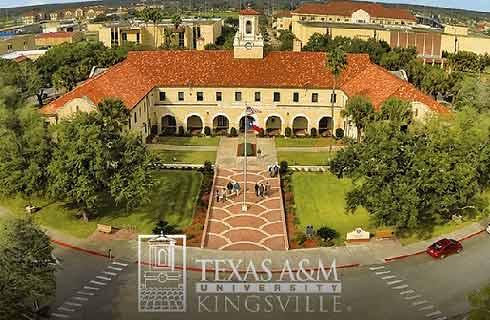国际学生入学条件
A bachelor's degree (based on a four-year curriculum) completed before graduate study begins or its international equivalent with an accredited institution an average grade of B (cumulative GPA 3.0) or better. One unofficial transcript from each university attended must be uploaded within the application. All unofficial transcripts must be uploaded to your application in order for your application to be reviewed. Please do not mail transcripts as part of your admission application; we only accept unofficial uploads for application evaluation. If you are offered admission, one official transcript for each university attended will be required prior to the first day of the term. IELTS -7.0 , TOEFL IBT- 90
展开
IDP—雅思考试联合主办方

雅思考试总分
7.0
- 雅思总分:7
- 托福网考总分:90
- 托福笔试总分:160
- 其他语言考试:NA
CRICOS代码:
申请截止日期: 请与IDP联系 以获取详细信息。
课程简介
Human beings are shaped by their experiences of difference and inequality, as well as by those of community and solidarity. The Race, Difference, and Power (RDP) concentration is a coalition of faculty interested in the ways that race, difference, and power manifest in our relationships, experiences, identity, politics, and agency, and how legacies of domination and solidarity inform both the present and the ways that we imagine the future.<br><br>The RDP concentration foregrounds race when asking questions about the ways that difference and power not only structure lives, but also provide pathways for agency. Given that the discipline of Anthropology was instrumental in shaping conceptions of race that were, and still are, widely used to explain human differences, we take it as our responsibility to critique pseudoscientific race claims, and to explore the myriad ways that race is used to privilege some and disempower others.<br>After all, the process of race-making (racialization) involves the creation not only of difference, but also of samenessthat which makes us us, as well as that which distinguishes us from them. By emphasizing difference and power, we signal the salience of both, and acknowledge that many forms of difference and inequality crosscut race.<br><br>In addition to addressing racial and ethnic identity and formations, the RDP concentration explores gender, class, sexuality, and other differences that inevitably complicate racialization and the workings of power. Our interests encompass history, political practice, religious experience, expressive culture, environmental concerns, health, social conflict, globalization, and a host of community-level issues. Both meaning and materiality drive our commitment to understanding local narratives and individual experiences of inequality, difference, and power, and to addressing the national and global forces that shape these experiences.<br><br>Guided by a critical attention to the conditions of postcoloniality and decolonization, RDP embraces participatory approaches to engaged anthropology. Our current geographic strengths encompass Asia, Latin America, the Caribbean, Africa, the United States (particularly the US South), and the major diasporas (notably African) and migrations implicated in the racialization processes that have formed these regions.<br><br>The RDP concentration includes Anthropology's archaeological, biocultural, linguistic, and sociocultural subdisciplines, and finds its grounding in broad, interdisciplinary engagement. Contributors to the concentration are firmly committed to research, mentorship, and teaching that pursue solutions to today's pressing concerns. In search of this end, we actively collaborate with a variety of other UNC-CH Departments, Institutes, Centers, and Programs, as well as with communities in North Carolina, throughout the United States, and across several continents.
展开







 预科
预科 奖学金
奖学金 实习机会
实习机会 在校学习
在校学习 跨境学习
跨境学习 校园授课-线上开始
校园授课-线上开始 在线/远程学习
在线/远程学习














 圭尔夫大学
圭尔夫大学

 加州大学圣地亚哥分校
加州大学圣地亚哥分校

 东卡罗来纳州立大学
东卡罗来纳州立大学

 宾汉姆顿大学
宾汉姆顿大学

 美利坚大学
美利坚大学

 加州大学河滨分校
加州大学河滨分校









